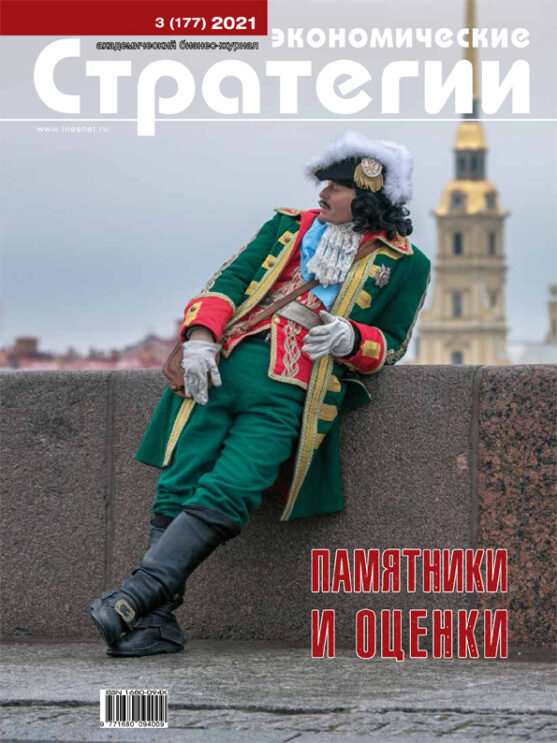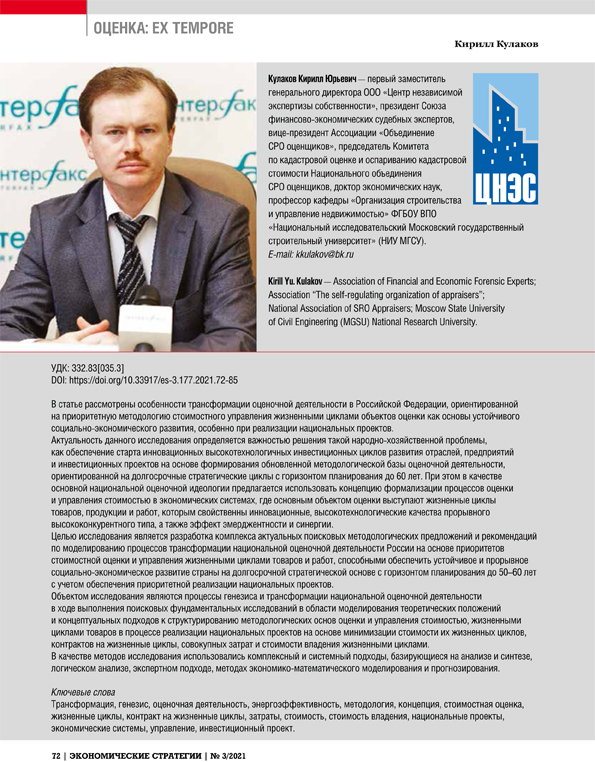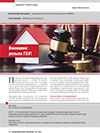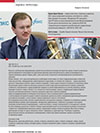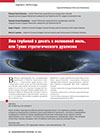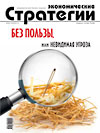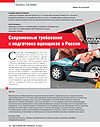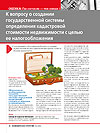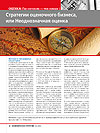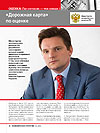Peculiarities of the Valuation Activities Ttransformation in Russia Based on the Value Management Priorities of the Life Cycles of Goods, Works and Services
DOI: https://doi.org/10.33917/es-3.177.2021.72-85
The article discusses particular features of the appraisal activities transformation in the Russian Federation, focused on the priority methodology in cost management of the appraisal objects’ life cycles as the basis for sustainable socio-economic development, especially in implementing national projects. The relevance of this study is based on the importance of solving such a national economic problem as providing the launch of innovative high-tech investment cycles in development of industries, enterprises and investment projects based on forming an updated methodological base for appraisal activities focused on long-term strategic cycles with planning horizon up to 60 years. Furthermore, as the main national evaluation ideology it is proposed to use the concept of formalizing evaluation and value management processes in economic systems, where the main object of assessment is the life cycle of goods, products and works, which are characterized by innovative, high-tech qualities of a breakthrough highly competitive type, as well as by the effect of emergence and synergy.
The aim of the present study is to elaborate a set of relevant search methodological proposals and recommendations for modeling the transformation processes of the national evaluation activity of Russia based on the priorities of cost evaluation and of the life cycles management of goods and works that can provide sustainable and breakthrough socio-economic development of the country on the long-term strategic basis with a planning horizon of up to 50-60 years, with a view to ensuring priority implementation of national projects.
The study is focused on the processes of genesis and transformation of national appraisal activity in the course of exploratory fundamental research in the field of modeling theoretical provisions and conceptual approaches to structuring methodological framework of evaluation and management of costs, life cycles of goods in the process of implementing national projects based on minimizing the cost of their life cycles, contracts on life cycles, total costs and life cycles’ cost of ownership.
Integrated and systemic approaches based on analysis and synthesis, logical analysis, expert approach, methods of economic and mathematical modeling and forecasting were used as research methods.


